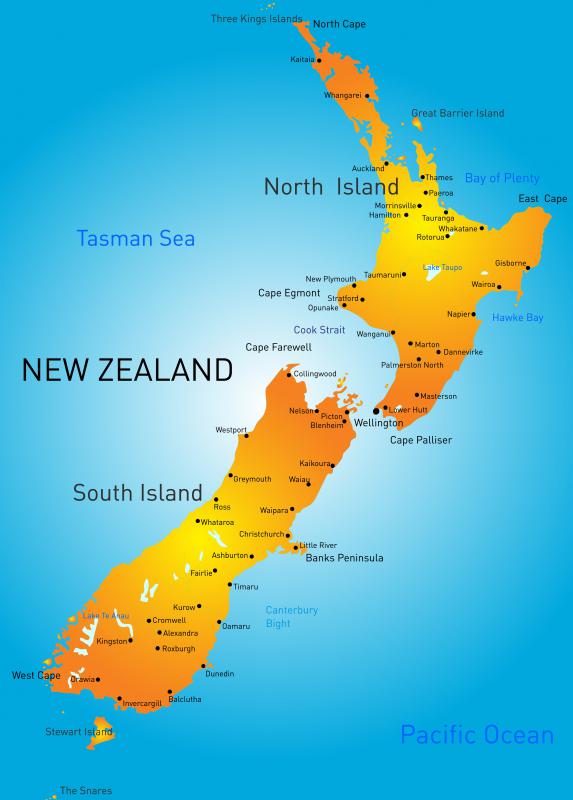At WiseGEEK, we're committed to delivering accurate, trustworthy information. Our expert-authored content is rigorously fact-checked and sourced from credible authorities. Discover how we uphold the highest standards in providing you with reliable knowledge.
What Are Minimum Wage Laws?
Minimum wage law is a law that requires employers to pay their employees a certain wage. This helps employees find jobs that pay them enough to take care of themselves and their families in relative comfort. The first minimum wage law was passed at the end of the 19th century, in order to put a stop to slave labor. Almost all countries now have a minimum wage law, including the United States (US), which first had one of these laws passed in 1912. Although the federal government has a set minimum wage, states also have separate minimum wage laws as well, and some employees may be exempt from these laws.
A minimum wage law requires that employees must make at least a set amount of money. This is usually in the form of an hourly wage. For example, if minimum wage in an area is set at $7 US Dollars (USD) per hour, the majority of employers would not be able to pay their employees less than that.

One of the biggest advantages of minimum wage laws is that they allow most workers to be fairly compensated for their time. They are able to earn a decent amount of money to pay for necessities, such as food, clothing, and shelter. Without a minimum wage, some employers may pay their employees very little money for a lot of work.
New Zealand was the first country to pass a minimum wage law in 1896. Other countries quickly followed, including Australia and the United Kingdom in 1907 and 1909, respectively. By the first half of the 20th century, nearly every country in the world had established some type of minimum wage law. Today, it is estimated that roughly 90% of countries around the world have minimum wage laws.

Massachusetts was the first state in the US to enact minimum wage laws. This law, however, only pertained to women and children, who – at the time – were more likely to be paid very little money for the work that they did. Several other states also passed minimum wages laws in the years that followed. In 1938, the federal government passed a law the established a national minimum wage. At that time, the national minimum wage was set at $0.25 USD per hour.

All states in the US have their own minimum wage laws. Some states have a minimum wage above the federal minimum wage, for example. Certain types of laborers, including those who make tips, are exempt from these laws, and employers are legally allowed to pay them a wage below minimum wage. Their wages plus the money they make in tips, however, must be equal to or higher than minimum wage.
AS FEATURED ON:
AS FEATURED ON:














Discuss this Article
Post your comments